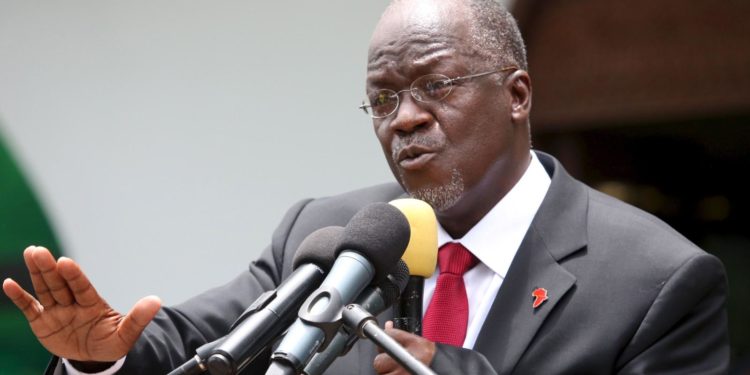Few years back, African leaders developed a sudden inexplicable craze for Chinese killer loans with terms and conditions that beats logic. They sign loan agreements that they know very well they cannot pay back within the agreed time frame but mostly proceed with the loans just for the kickbacks attached and the benefits some individual politicians stand to get from such contracts at the detriment of the development of their respective nations. In most cases, the defaulted loans lead to the seizure of major facilities to make-up for the amount involved.
Following a series of constructive criticisms by reputable organizations and general outcry by concerned African citizens about the dire consequences of these killer loans on the continent, some of the leaders seem to be taking certain commendable actions to save their dying reputations. Prior to the enlightenment and outrage by the African citizenry, the least was heard of African leaders or governments confronting China to loosen up their terms or face suspension of contracts but in recent times, they are building some courage to do the needful.
The Tanzanian head of state, John Magufuli cancelled a ten billion US dollar (US$10billion) agreement signed by his predecessor, Jakaya Kikwete with Chinese investors to construct a port at Mbegani creek in Bagamoyo, just north of Da es Salaam. The Chinese investors initially agreed with the erstwhile Tanzanian administration to build the said port on condition that, they will be granted a 30years guarantee, 99years uninterrupted lease with an attached outrageous demand that, the Tanzanian government will have absolutely no power to raise concerns on whoever invests in the port during the period stated.
This sounds very ridiculous, but it was actually signed by a certain government which raises the question of whether our lead negotiators read and understand agreements before appending their signatures. In the words of Magufuli, the above terms and conditions could only be accepted by mad people. in effect, He initiated a renegotiation with the investors to bring down the lease period to 33 instead of the initial 99 years negotiated.
The government equally stated clearly that there will be no tax or utility exemption for the investors as has mostly been the case in the parasitic China-Africa trade relations. Additionally, the investors will need the approval of the government in order to operate any new business at the port. The government issued a time frame which the investors failed to meet, resulting in the suspension of the agreement.
Aside Tanzania, it could be remembered that, the Julius Maada Bio lead administration in Sierra Leon equally suspended a $400 million airport construction agreement in 2018. He was quoted to have said that: “it is uneconomical to proceed with the construction of the new airport when the existing one is grossly underutilized”. Additionally, there have been several other resistances to Chinese backed contracts in Africa. The cancellation of a USD2 billion coal plant contract in Kenya, among few others are typical examples of the growing awareness.
Does this imply that there are no countries in Africa that are still taking these killer loans? No! some countries still sign such agreements, mostly at the blind side of the public and the consequences will soon be seen. The acknowledgement of the above bold steps taken is mainly to encourage the African leadership to move away from the killer loan mindset which is a looming neocolonial trap and focus more on transformational ideas to make good use of our resources. Even if they will consider signing such, they should come with reasonable and mutually beneficial terms.









